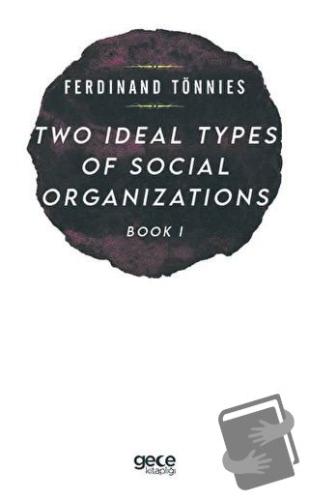
“...The wills of human beings interact in many differ-ent ways. Every such relationship is reciprocal – on the one side active or assertive, on the other passive or ac-quiescent. These interactions are of such a kind that they tend either to support the mental and physical well-being of the other party or to destroy them – they are either positive or negative. My theory will concen-trate on investigating only relationships that are based on positive mutual affirmation...”
| Taksit Sayısı | Taksit tutarı | Genel Toplam |
|---|---|---|
| Tek Çekim | 44,80 | 44,80 |
| 3 | 16,32 | 48,96 |
| 6 | 8,62 | 51,69 |
| 9 | 6,05 | 54,44 |
| 12 | 4,76 | 57,17 |
| Taksit Sayısı | Taksit tutarı | Genel Toplam |
|---|---|---|
| Tek Çekim | 44,80 | 44,80 |
| 3 | 16,32 | 48,96 |
| 6 | 8,62 | 51,69 |
| 9 | 6,05 | 54,44 |
| 12 | 4,76 | 57,17 |
| Taksit Sayısı | Taksit tutarı | Genel Toplam |
|---|---|---|
| Tek Çekim | 44,80 | 44,80 |
| 3 | 16,32 | 48,96 |
| 6 | 8,62 | 51,69 |
| 9 | 6,05 | 54,44 |
| 12 | 4,76 | 57,17 |
| Taksit Sayısı | Taksit tutarı | Genel Toplam |
|---|---|---|
| Tek Çekim | 44,80 | 44,80 |
| 3 | 16,32 | 48,96 |
| 6 | 8,62 | 51,69 |
| 9 | 6,05 | 54,44 |
| 12 | 4,76 | 57,17 |
| Taksit Sayısı | Taksit tutarı | Genel Toplam |
|---|---|---|
| Tek Çekim | 44,80 | 44,80 |
| 3 | 16,32 | 48,96 |
| 6 | 8,62 | 51,69 |
| 9 | 6,05 | 54,44 |
| 12 | 4,76 | 57,17 |
| Taksit Sayısı | Taksit tutarı | Genel Toplam |
|---|---|---|
| Tek Çekim | 44,80 | 44,80 |
| 3 | 16,32 | 48,96 |
| 6 | 8,62 | 51,69 |
| 9 | 6,05 | 54,44 |
| 12 | 4,76 | 57,17 |
| Taksit Sayısı | Taksit tutarı | Genel Toplam |
|---|---|---|
| Tek Çekim | 44,80 | 44,80 |
| 3 | - | - |
| 6 | - | - |
| 9 | - | - |
| 12 | - | - |
“...The wills of human beings interact in many differ-ent ways. Every such relationship is reciprocal – on the one side active or assertive, on the other passive or ac-quiescent. These interactions are of such a kind that they tend either to support the mental and physical well-being of the other party or to destroy them – they are either positive or negative. My theory will concen-trate on investigating only relationships that are based on positive mutual affirmation...”












